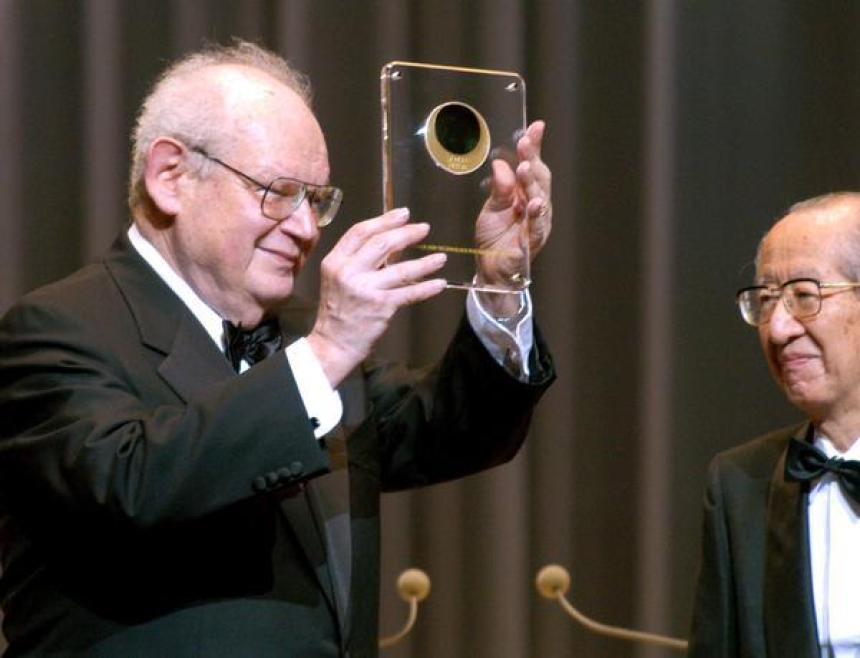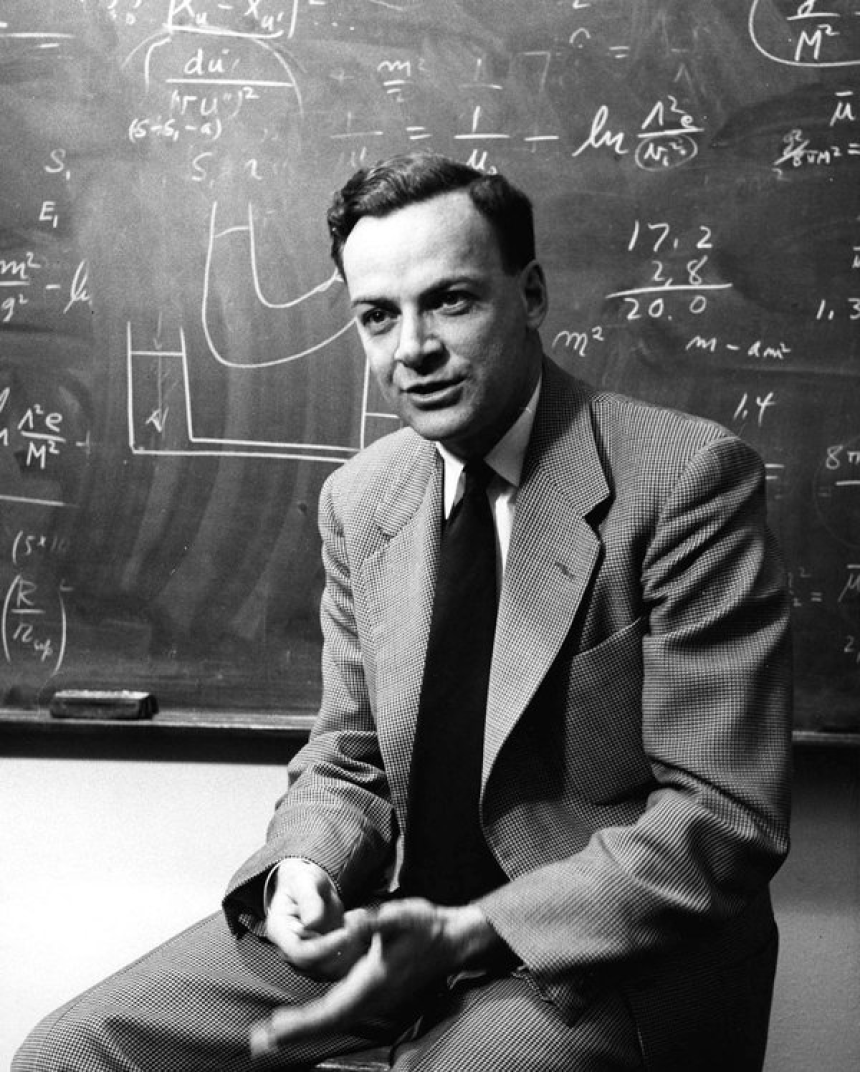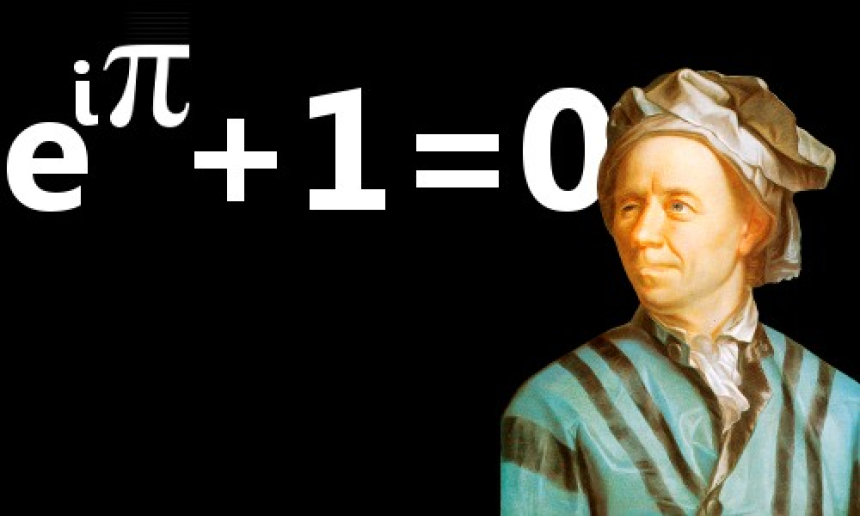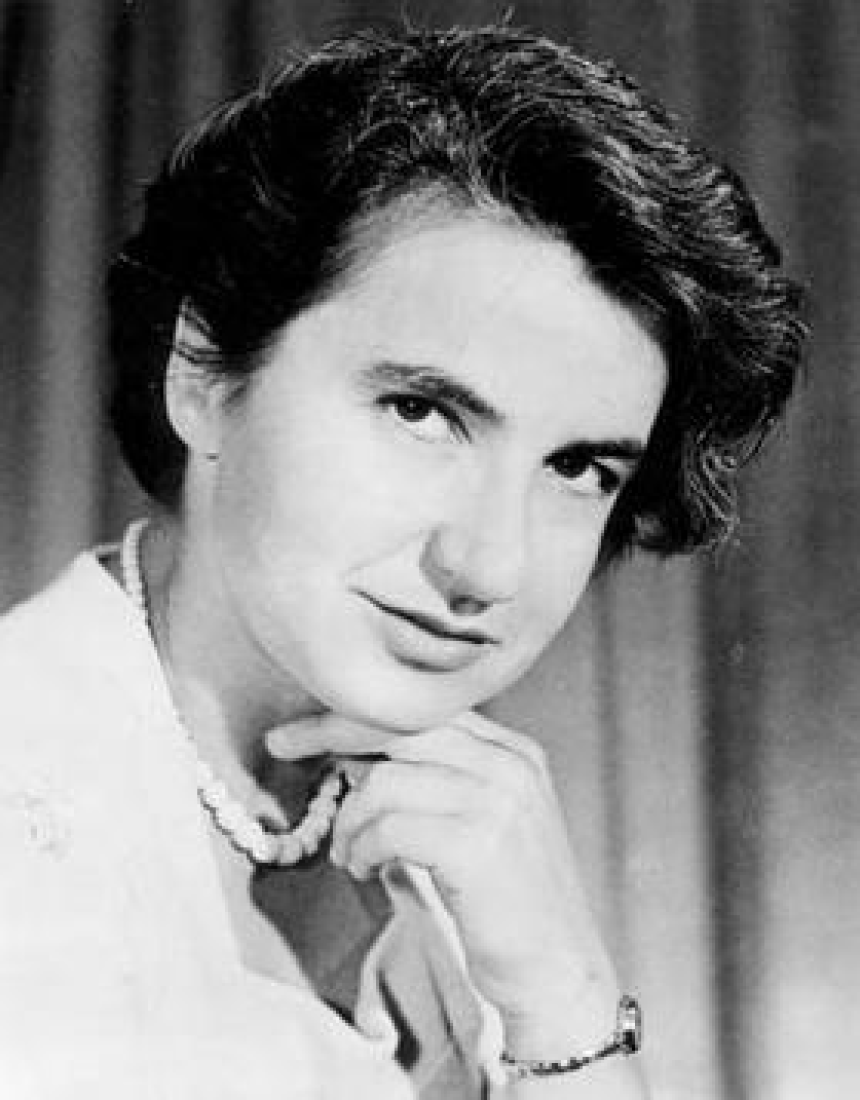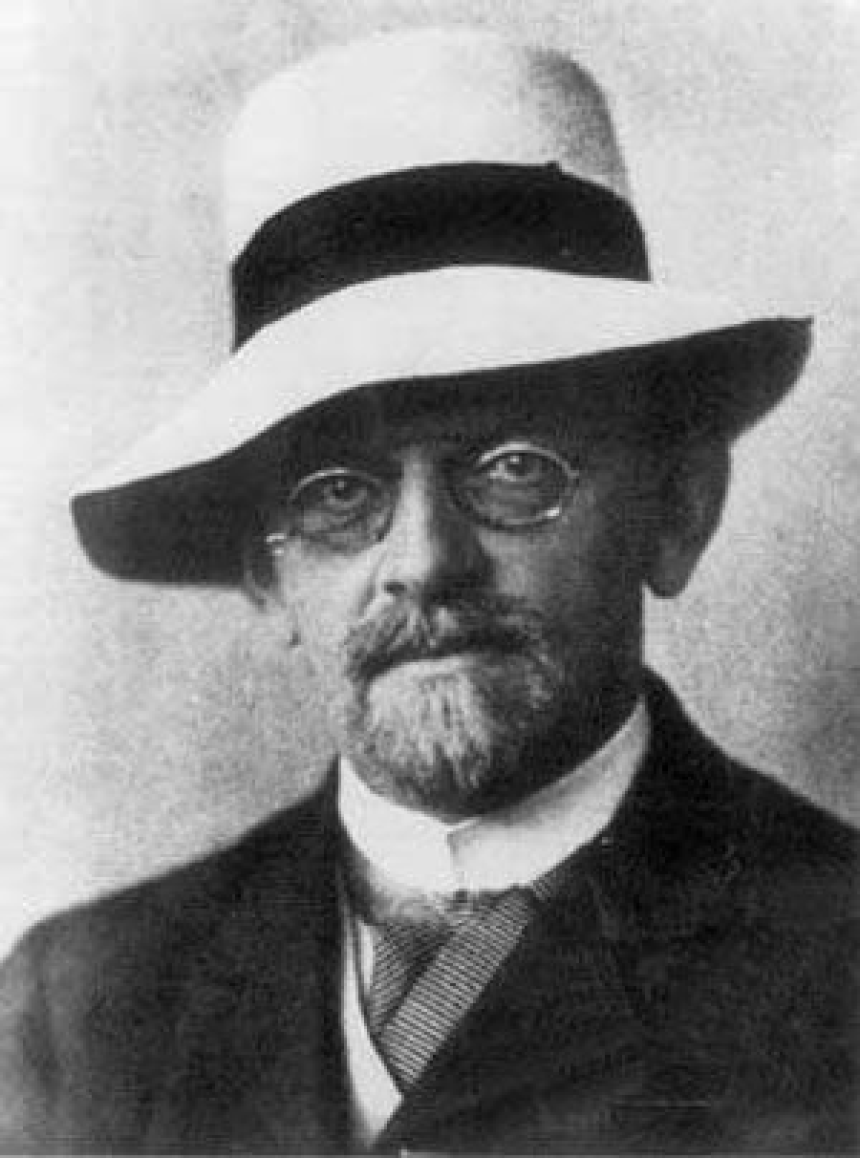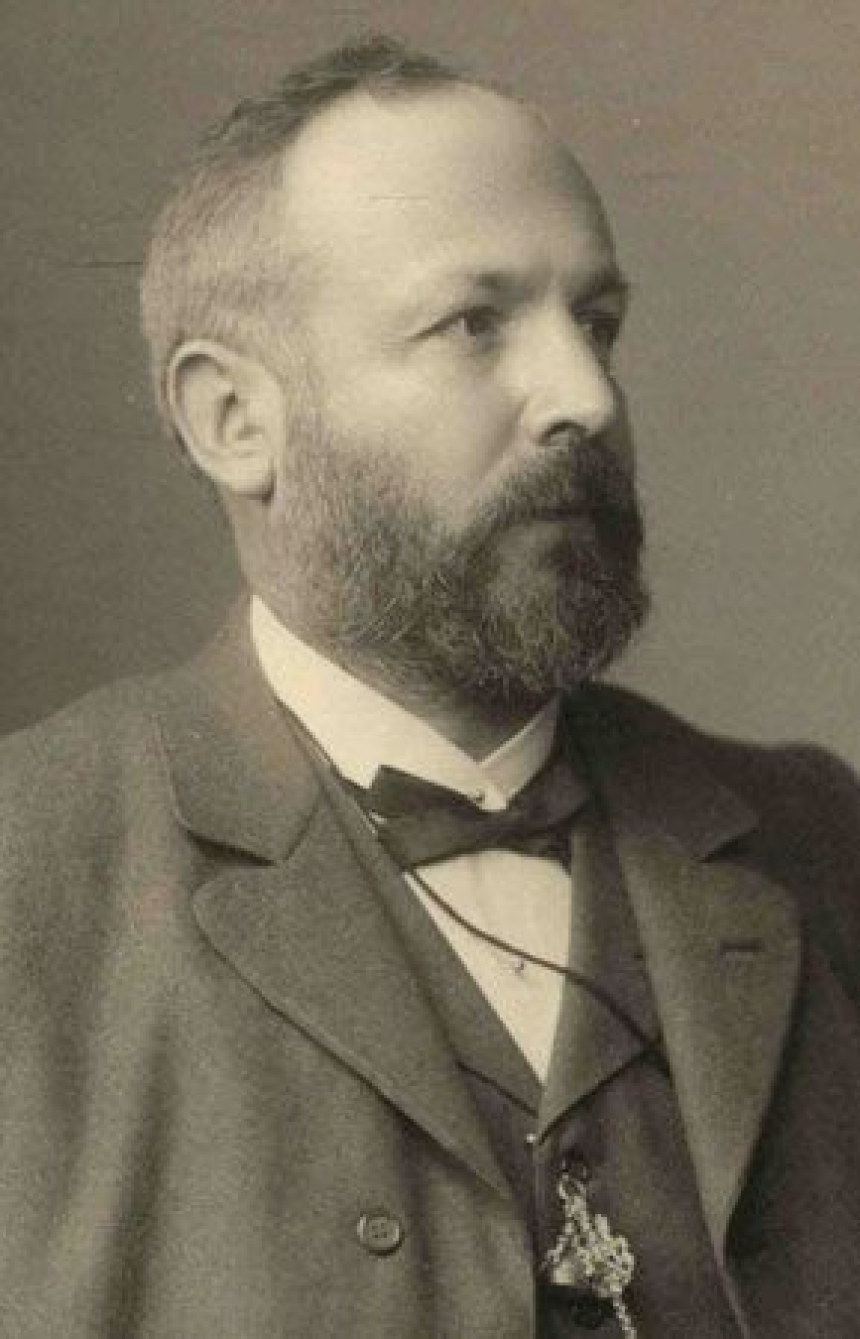
Georg Cantor
Georg Cantor: A Pioneer in Mathematics
Georg Cantor: A Pioneer in MathematicsGeorg Cantor, born in 1845 in Russia, was a renowned mathematician who made significant contributions to set theory and the concept of infinity. His work revolutionized the understanding of mathematics and laid the foundation for many important mathematical disciplines we study today.
Early Life and EducationCantor showed exceptional mathematical talent from a young age. He studied under renowned mathematicians such as Weierstrass and Kronecker, honing his skills and expanding his knowledge in the field.
He completed his doctoral thesis in 1867, focusing on number theory and continued to work on influential mathematical theories throughout his career.
Set Theory and Transfinite NumbersOne of Cantor's most significant contributions was the development of set theory. He introduced the concept of "cardinality" to determine the sizes of sets.
Cantor's work led to the discovery of different sizes of infinity, known as transfinite numbers. He demonstrated that some infinities are larger than others, challenging the traditional view that infinity is a singular concept.
By providing mathematical rigor to the concept of infinity, Cantor's set theory paved the way for many important mathematical concepts, including the notion of a continuum and the study of fractals.
Cantor's Paradox and Continuum HypothesisCantor also encountered some controversial ideas during his career. His discovery of the "Cantor's Paradox" showed that not all mathematical sets can be compared in terms of size, and it created a paradoxical situation within set theory.
Moreover, Cantor proposed the Continuum Hypothesis, which states that there is no set whose size is strictly between that of the natural numbers and the real numbers.
Legacy and ImpactDespite facing resistance and controversy during his lifetime, Cantor's work laid the groundwork for modern mathematics. His contributions to set theory, transfinite numbers, and the concept of infinity revolutionized the field and continue to influence mathematicians and researchers today.
Cantor's theories have found applications in various branches of mathematics, including cryptography, computer science, and chaos theory. His ideas have shaped our understanding of abstract mathematical structures and the limits of knowledge.
ConclusionGeorg Cantor's contributions to mathematics have transformed our understanding of infinity and set theory. By developing rigorous mathematical frameworks, he laid the foundation for important disciplines and challenged traditional mathematical notions. Cantor's work continues to inspire and influence mathematicians, guiding the exploration of mathematical concepts and pushing the boundaries of knowledge.
Frequently Asked Questions1. What is set theory?
Set theory is a branch of mathematics that deals with the study of sets, which are collections of objects or elements.
2. What is the Continuum Hypothesis?
The Continuum Hypothesis is a conjecture in set theory that states there is no set whose size is strictly between that of the natural numbers and the real numbers.
3. How did Cantor contribute to the concept of infinity?
Cantor's work introduced the idea of different sizes of infinity, known as transfinite numbers. He provided mathematical rigor to the concept of infinity and challenged the traditional view of a singular infinite set.
4. What is Cantor's Paradox?
Cantor's Paradox is a result in set theory, showing that not all sets can be compared in terms of size. It creates a paradoxical situation within the framework of set theory.
5. How is Cantor's work relevant today?
Cantor's ideas continue to shape modern mathematics, finding applications in various fields such as cryptography, computer science, and chaos theory. His theories have expanded our understanding of abstract structures and pushed the boundaries of mathematical knowledge.

